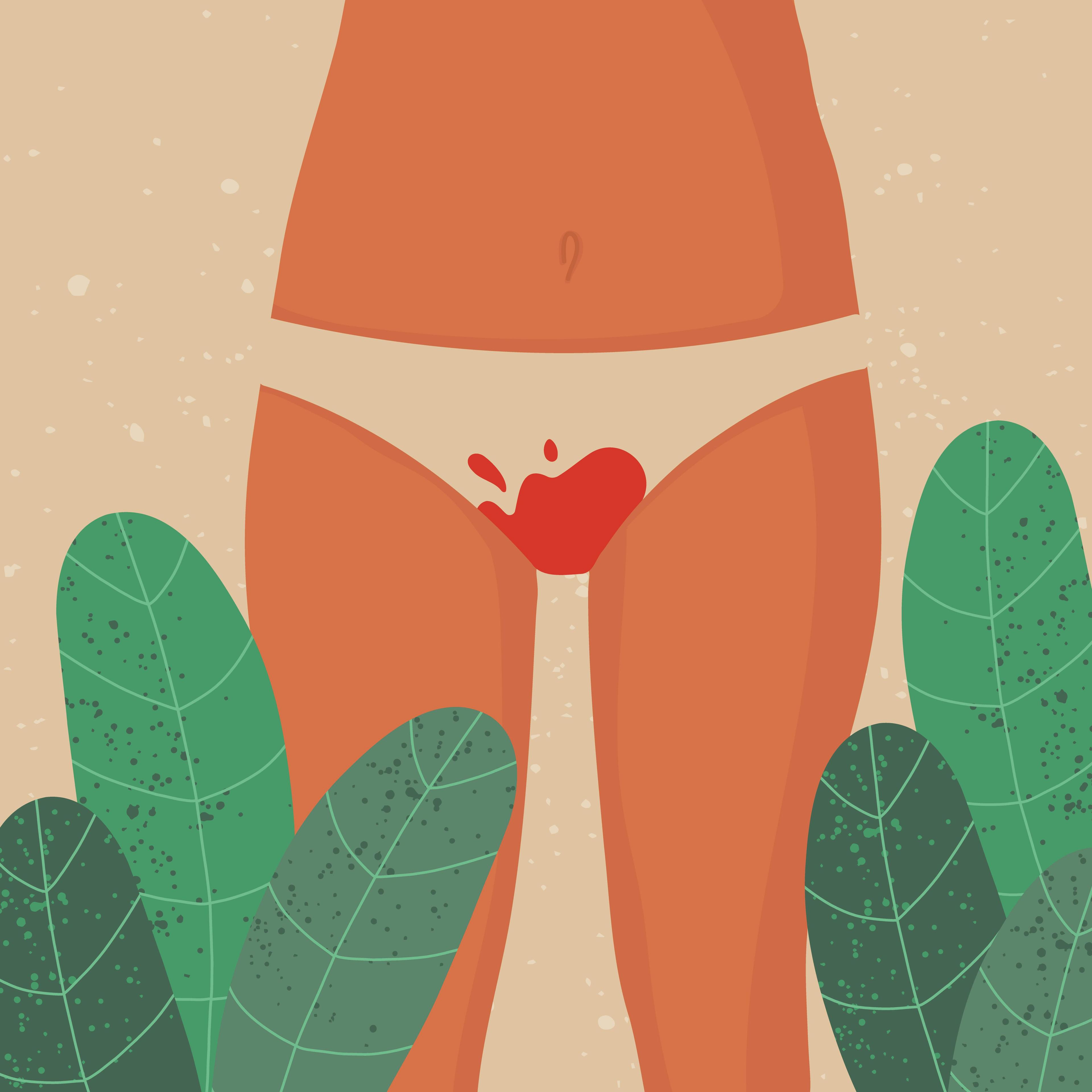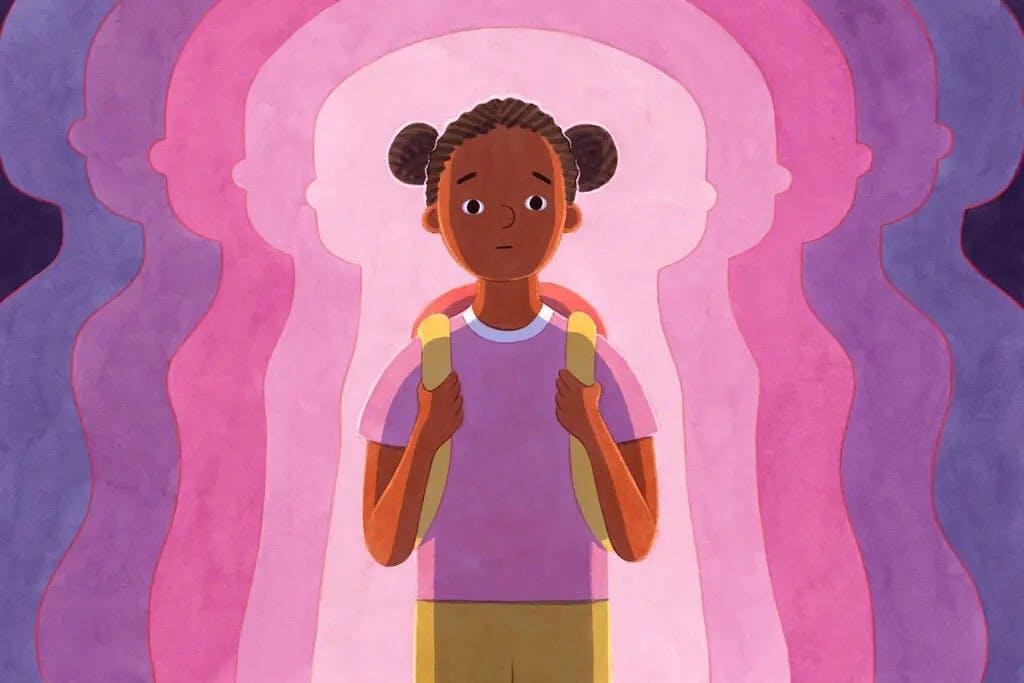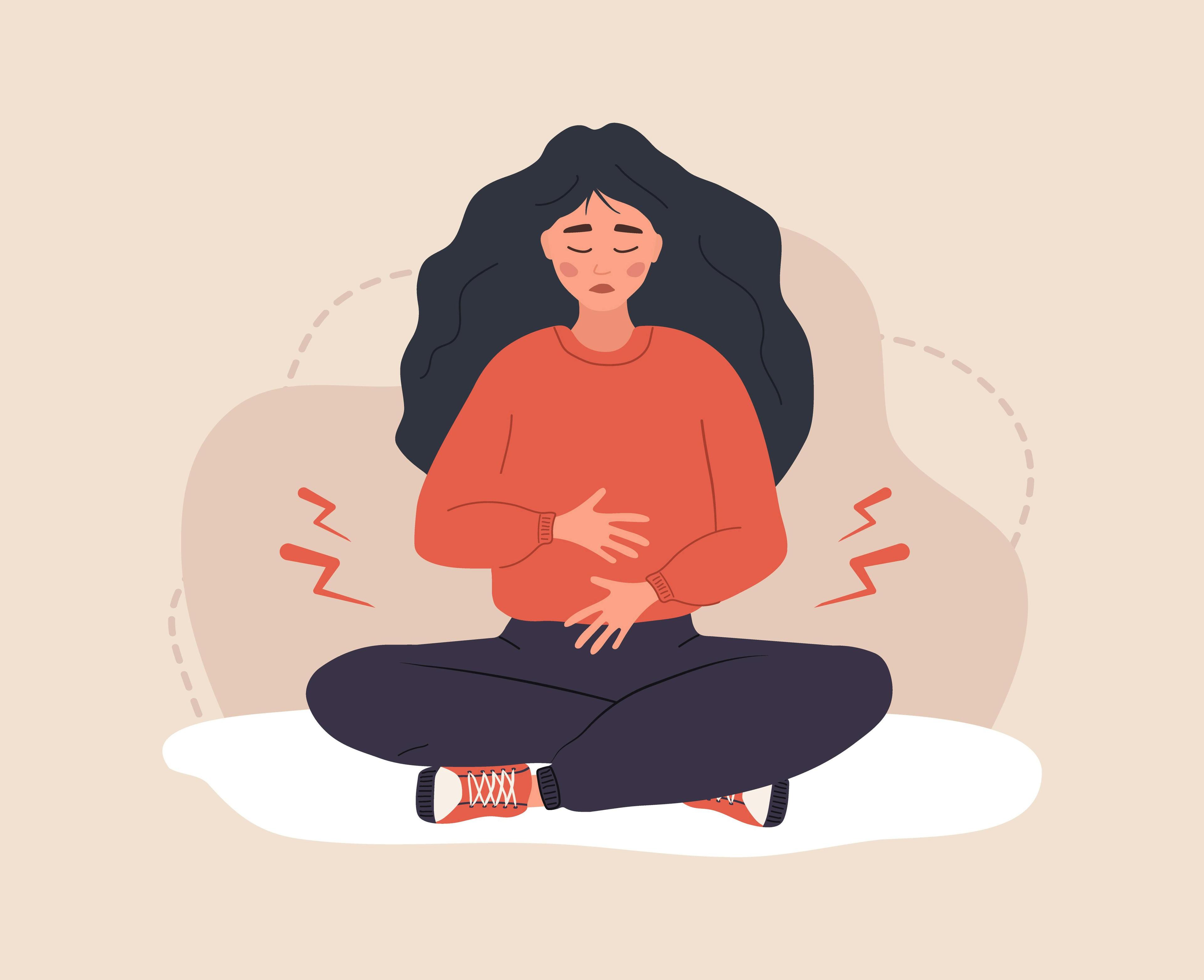As part of our Women’s Health research this year, we engaged an online community of girls aged 12-18, living with problem periods. One of the primary factors that influences a girl’s period journey and the challenges she faces along the way, is her age at menarche. Girls who start their periods younger (aged 9-12) experience a different set of challenges we discover to those who start older (13+). Challenges around preparedness, self-esteem, and the ability to advocate for themselves.
“I remember being at school and not knowing why I was bleeding. No one had told me what a period was or how to prepare for it, so I thought there was something wrong with me” (age 12 at first period)

Being (un)prepared
Girls in the UK and US tend to have their first period around age 13, with fewer than 10% starting before the age of 11. Those who start at a young age often have little knowledge about what is happening to them and their bodies. Those who have not yet been taught about periods in school or by their parents told us they felt terrified when they first noticed they were bleeding and they didn’t know what to do.
“I was really scared. I was worried that I was going to die because I saw this blood. I didn’t know what was happening to me. I remember screaming, crying, and running to my mum” (age 11 at first period)
Despite being surprised to discover they were bleeding, older starters tend to know what to expect, and are more comfortable telling their friends or a trusted adult. Those who have their first period between the ages of 14 and 17, told us a lot about the anticipation of ‘finally’ beginning their period and sharing the experiences that their friends were already discussing. Still, none of them are prepared for the severity of symptoms they come to face throughout their period journey.
“I felt a little startled because it was my first one, but I was well-prepared as my mum had told me all about periods when I was 12. She had bought me some pads to have in my bedroom drawer so that I was ready” (age 14 at first period)

Being (un)comfortable in their womanhood
“It was an exciting experience as a woman, and I feel that it was an important part of my life” (age 14 at first period)
These discrepancies in experience don’t stop after a first period. They persist deep into the period journey, often influencing self-esteem and confidence, particularly around the notion of stepping into womanhood. Despite receiving comfort, support and information from their mums, younger starters’ experiences are shrouded in a sense of shame and embarrassment. As 9–12-year-old children, their first periods feel like an unwelcome thrust into adulthood. They confided to us that don’t feel comfortable talking to other girls their age as they are usually the first of their friends to get their periods, which in turn lowers their self-esteem. Older starters, on the other hand, are much more comfortable entering this new phase of their health journey. Some are even excited for this new phase and consider it a rite of passage into early adulthood.

Being (un)able to speak up
The age at which girls start their periods also impacts their ability to advocate for themselves in healthcare settings. We hear from patients whose conditions ranged from irregular periods to PCOS (polycystic ovary syndrome), and Endometriosis, that they often suffer with symptoms for years prior to speaking to a healthcare professional. However, those who begin their periods aged 13 and older are more likely to speak up about their symptoms and seek professional help sooner compared to those who start younger. Younger starters lack education around periods, don’t understand which symptoms are ‘normal,’ and share a sense of shame around their changing bodies. These all contribute to their silent suffering.
“At the age of 12 experiencing severe pain, cramps, headaches, and bloating was very distressing. I assumed the symptoms were normal… I thought this would be my new life once a month” (age 12 at first period)
JAIme (our new friend at The Nursery aka ChatGPT!) describes for us the experience of a 12–14-year-old girl seeing a healthcare professional about her problematic periods for the first time. She never came up with anything short of an immediate happy ending. In each scenario, the patient apparently left the appointment feeling heard, supported, and overall, much better than before. Really? Sadly, we now know that JAIme doesn’t have it quite right (again) and that this is rarely the case. In our real world, it can take years for patients suffering with ‘invisible conditions’ to get the diagnosis they deserve. Far too often HCPs dismiss menstrual symptoms as a normal part of puberty, leaving girls feeling like they aren’t being taken seriously. While consulting an HCP sooner doesn’t necessarily translate into faster diagnoses for older patients, having more knowledge about what a ‘normal’ period should feel like and less shame around puberty helps older girls to seek care sooner.
Conclusion
Given that half of the population is female and almost all of us will experience our first period, we are shocked by the difference an age makes. A younger starter’s experience can impact their sense of ‘growing up’ so differently to an older starter. We now understand that they suffer different challenges around preparedness, self-esteem, and confidence in advocating for themselves. This invites all of us – as parents, educators, healthcare professionals and ‘influential people’ in these young lives - to think about how we might support a better ‘rite of passage’ for our (sometimes very) young girls.
We gathered a great deal of insights from our recent online community for girls living with problem periods. Stay tuned to learn more about diagnosis processes and the surprising similarities between menstrual conditions and rare diseases.
Want to know more? Get in touch by emailing health@the-nursery.net.
See more of our work here: https://the-nursery.net/health